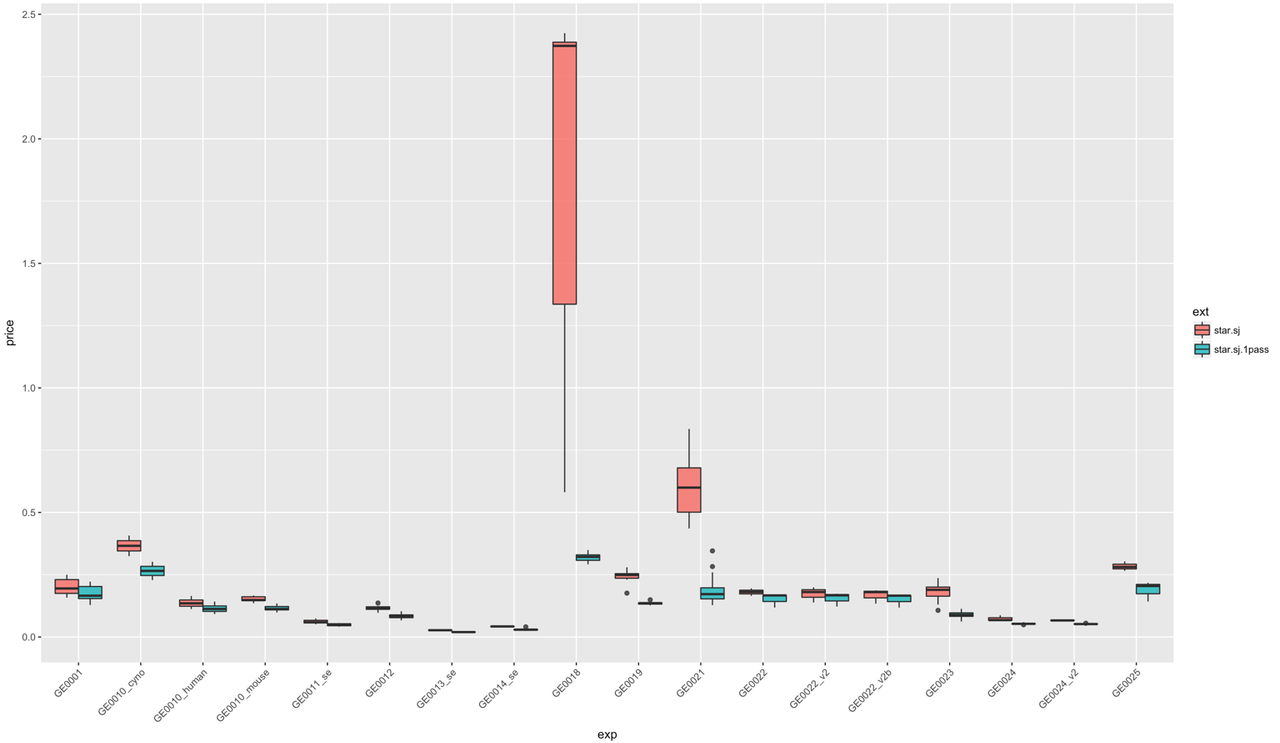I am relatively new to the field of bioinformatics. My lab has recently shifted work towards bacterial genome assemblies, amplicon analysis, and metagenomics using MiSeq data. There is currently no computational infrastructure in my lab and I was wondering if the money would be best spent to pay for a cloud compute cluster on Google or Amazon EC2 or if some investment into infrastructure should be made. We currently have no workstations.
Secondly, if we do invest into infrastructure, I was wondering about the importance of having server grade hardware (with ECC memory) vs workstations.
My only understanding is that the datasets I will be working with would be considered small in the bioinformatics community but wanted the best option/value for what I have access to.



@Arnold: You should read @Eric Lim's comments about cloud computing in this thread and consider them (C: What server do you use? ).
$3K is not a lot of money for compute infrastructure. You are at best looking at a decent workstation (have you looked at prices of DDR4 RAM lately and ECC is going to add money on top).
I agree. With that money, you could invest in a powerful workstation. Think long term about the disk space. I have a personal laptop with 16GB RAM, 2TB hard-disk, and 4-core CPU. Cost ~600 British pounds (~$1000). You could purchase a much more powerful workstation with larger disk for a bit more than this. You could consider using linux (Ubuntu Server) as the OS on this workstation. Any local IT professionals could provide ad-hoc help in the future.
What is the context you are working in? There are some possibilities for (university) researchers to get access to government-funded cloud computing. One example would be ELIXIRs cloud services.